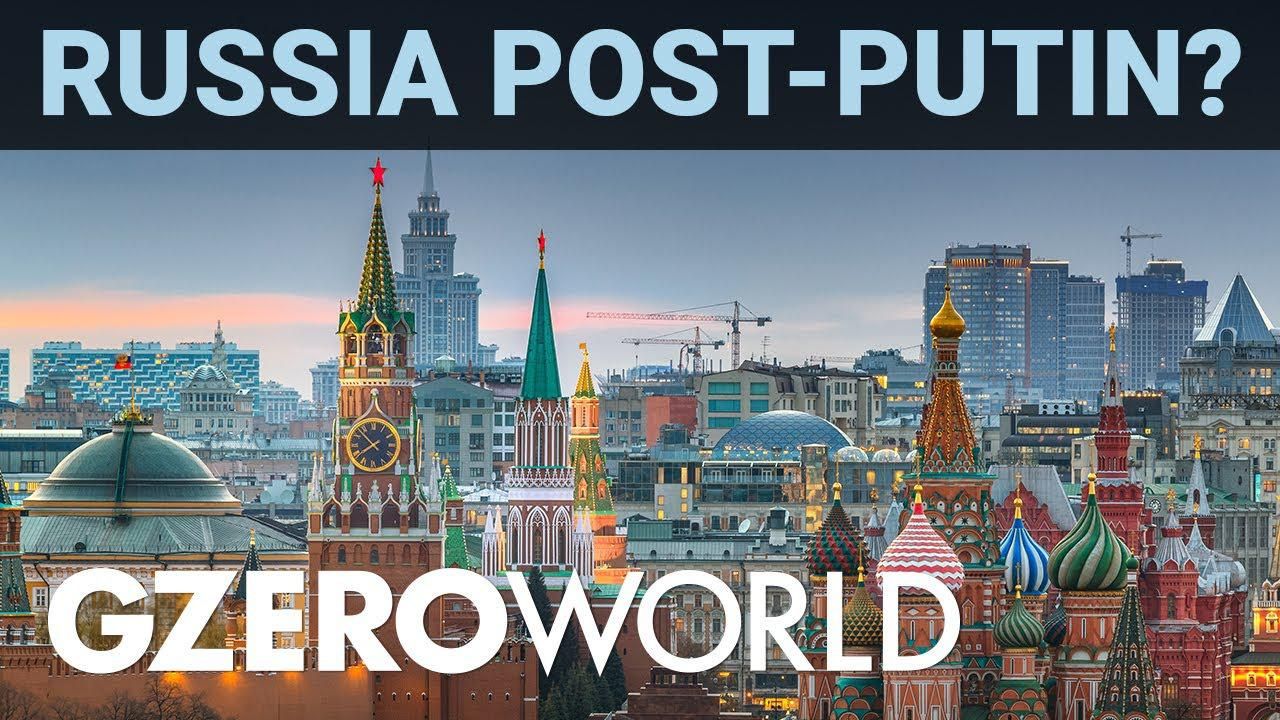GZERO World Clips
Putin has "mummified" Russia: Ivan Krastev on the Putin effect

Putin Has "Mummified" Russia | Ivan Krastev On the Putin Effect | GZERO World

Vladimir Putin has a much bigger long-term problem beyond Ukraine: Russia's population is shrinking, which for political scientist Ivan Krastev will impact how post-Putin Russia looks like because Putin won't let Russians even talk about it.
That's a big deal, he tells Ian Bremmer on GZERO World, because the West seems to be primarily focused on isolating Russia while dreaming of a post-Putin world ... without Russia.
Meanwhile, Krastev says the Russians are prepping for a future in which they deal with China instead of the West — which is equally far off for them.
The result of all this will be a Russia that's so isolated that it's like under forever COVID quarantine.
Why? It's the Putin effect, which has killed our capacity to imagine a Russia without him.
Krastev says that Putin, a big fan of the USSR, has leveled up from old Soviet leaders by mummifying Russia itself.
Watch the GZERO World episode: How Putin created Ukraine’s determination to resist
How is the US is reshaping global power dynamics, using tariffs and unilateral action to challenge the international order it once led? Michael Froman joins Ian Bremmer on GZERO World to discuss.
In this Quick Take from Munich, Ian Bremmer examines the state of the transatlantic alliance as the 62nd Munich Security Conference concludes.
At the 2026 Munich Security Conference, Brad Smith announces the launch of the Trusted Tech Alliance, a coalition of global technology leaders, including Microsoft, committing to secure cross-border tech flows, ethical governance, and stronger data protections.